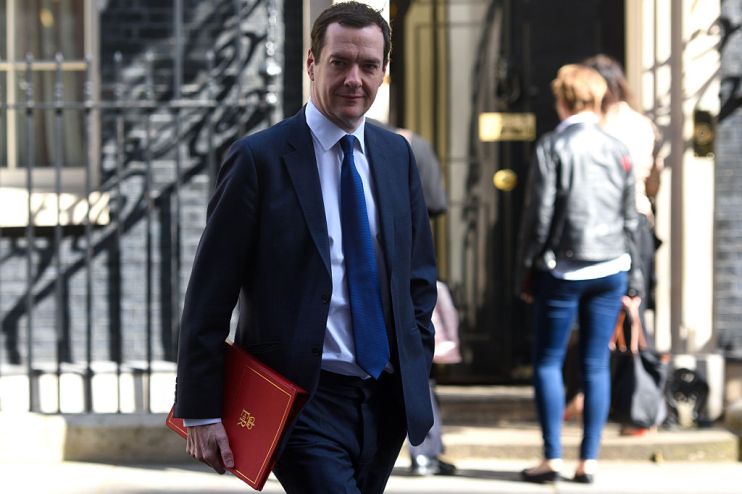New UK taxes have raised £48bn in last decade, says new study

The UK taxman has collected £48bn in revenue through new taxes in the past decade, according to a British accountancy group.
UHY Hacker Young said the figures showed that a series of taxes under successive Conservative chancellors have “not fit in with their aim to simplify the UK tax system”.
The study showed that the bank levy and the apprenticeship levy – both spearheaded by former chancellor George Osborne – have brought in £24.1bn and £9.7bn respectively for HM Revenue and Customs (HMRC) since their introduction.
The bank surcharge, bank payroll tax and annual tax on enveloped dwellings raised £7.6bn, £3.4bn and £1.1bn respectively.
These new taxes came alongside cuts in corporation tax and income tax by Osborne.
Sean Glancy, Partner at UHY Hacker Young, said: “These new taxes have been a significant burden on businesses, not just in pure financial terms, but in terms of the extra red tape that they have heaped on UK PLC.
“As the current Government looks at how it can pay for the cost of Covid-19, it needs to avoid the temptation of introducing new taxes.”
“Every new tax that the Government introduces makes the tax system even more complex and overwhelming for the average business and individual.”
It comes as chancellor Rishi Sunak is expected to raise corporation tax in his March Budget.
The Sunday Times reported that Sunak will raise corporation tax from 19 per cent over 23 per cent by the time of the next General Election in 2024.